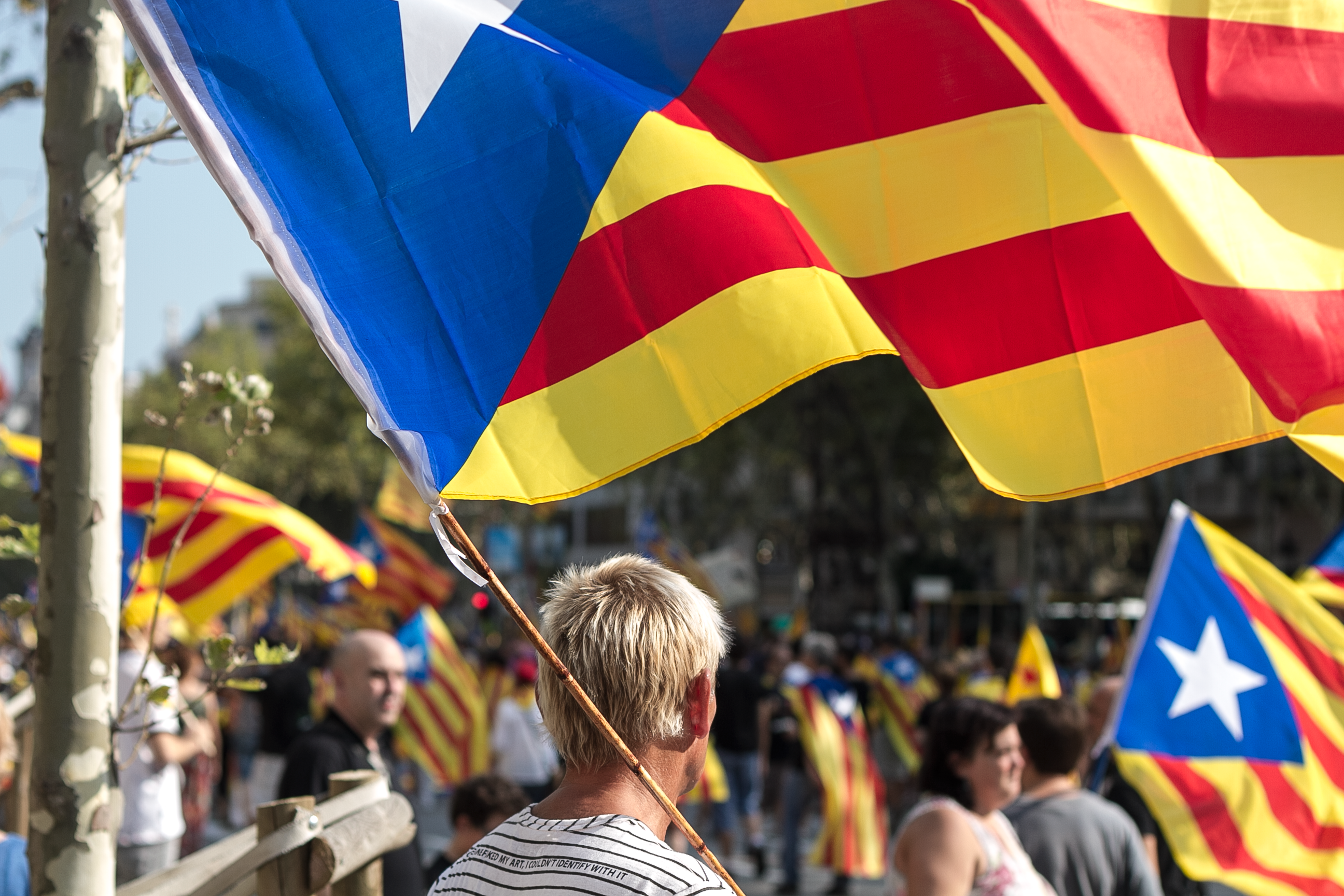In the wake of the Scottish Referendum, questions concerning the very nature of Britain’s democracy have become a key talking point. Michael Dawson explores the merits of regional devolution and why the political class are suddenly running scared.
In a recent interview, Chukka Umunna called for power to be given “back to the people”. His vision: the creation of “big, powerful, mayors like we have in London”. Similarly, Osborne’s ‘Northern Powerhouse’ speech extolled our capital as the “home of international finance” and a place that many Northern cities would be wise to emulate. And, why shouldn’t they? London’s financial sector, of course, has made the City the most prosperous region in the EU. Even ‘Red’ Ed Miliband is quick to pay homage to “one of the world’s great cities” amid his plans to scrap the House of Lords and “reverse a century of centralisation”.
Unsurprisingly, however, few politicians have addressed the news that London is also the most financially unequal city in the Western World, a place where the wealthiest residents are almost three hundred times richer than the poorest [5]. Take Canary Wharf, for instance, a district that has bounced back from recession and continues to grow. But despite this success, the Wharf and its surrounding area are home to some of the UK’s poorest families. In fact, recent statistics show that extreme levels of child poverty afflict nearly 50% of children living in the East End. Trickle-down economics, it appears, is well and truly obsolete.
Most importantly, however, the great divide between London and the rest of the UK begs an important question: can we really trust Britain’s political and financial elite with the rejuvenation our democratic rights? The answer is evidently no. We have to ask ourselves, what exactly is behind the sudden attraction to devolution with a London-fits-all template? The answer: Britain’s politicians are running scared and, instead of opposing devolution, seek to curb our new-found sense of democracy through piecemeal measures. They understand that the case for regionalism isn’t just popular, but could weaken their hold over power.
Take the North, for example. The North of England has a population of fifteen million people and, if independent, would have the 8th largest economy in the EU. How then, are places in the North East as poor as Lithuania and Estonia? How did we reach a stage when the NHS spends more per capita on typically healthier Southern residents than poorer, unhealthier Northerners? We are living a lie if we think that the political establishment will save us from the mess they have created. However, the problems of the North are the very same problems of Wales, the South West and the East. From Cornwall to the Highlands, recent statistics show that the UK has nine out of the ten poorest regions in Europe.
It is clear, therefore, that by following the establishment’s version of devolution, we risk entrenching their power even further. Consequently, the question is not if devolution occurs but how and to what extent and on whose terms. Ensuring that devolution is orchestrated by the people and for the people: that is the greatest struggle that we Britons face.
This is the driving message behind Campaign for the North. We aim to create a strong, devo-max Northern government with tax-raising powers. We want a society where young people can pursue their first degree for free, where our citizens do not pay for healthcare and where Northern policies are made in the North and by Northerners. An example of our democratic inequality is no better highlighted than by the ‘Kensington Question’. Sir Malcolm Rifkind, MP for the London constituency of Kensington can vote on issues that directly influence its Northern namesake, Kensington in Liverpool. However, due to the London Assembly’s political autonomy, Rifkind’s counterpart, Luciana Berger MP, a Londoner herself, has far less influence over Kensington in the capital. It is laughable that we can call ourselves a democracy. We are not. Ironically, and to use an Orwellian phrase, it seems that all regions in Britain are equal, but some regions are more equal than others.
Michael Dawson is the Campaigns Director of the Campaign for the North.





